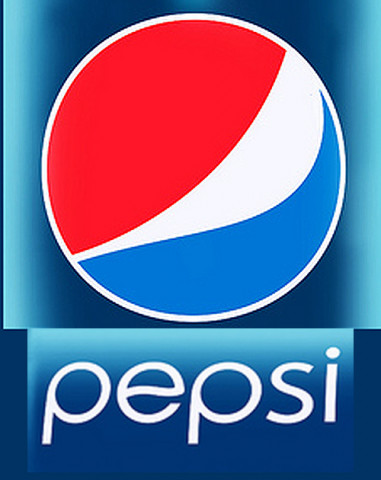Despite lead, Pepsi aims for bigger piece of the cake
Company’s growth strategy includes a greater push in the snack food business.

While its great rival Coca Cola may have the global lead in terms of cola beverages, Pepsi is undisputedly the preferred beverage amongst Pakistani consumers. In addition to the familiar Pepsi branded drink, the company’s best sellers in the country are Mountain Dew - which has recently been ranked the most popular drink in Pakistan - as well as 7up and others.
The company appears to also have been good to its Pakistani talent. Pepsico famously has a diverse global management team, led by CEO Indra Nooyi. The company’s NASA business unit – which includes Japan, Korea, Thailand, Indonesia, Philippines, Malaysia, Singapore, Pakistan, Pacific Islands and Mongolia – is headed by the Rawalpindi-born Khan.
Pepsico operates in Pakistan through seven franchisees, none of which are publicly listed. The company declined to disclose revenue numbers, though it did claim that it is the largest food and beverages company in the country and has maintained that leading position since 1982. The largest listed food company in Pakistan is Nestle, which had revenues of more than Rs65 billion in 2011. Pepsi’s retail sales are assumed to be higher than that number.
Despite, the franchise model, the company has invested heavily into Pakistan. Khan claims that Pepsico has spent up to $1 billion in Pakistan. Pepsi’s investment in Pakistan appears to be justified: Khan says that the country forms the sixth largest market for the company globally.
Long seen as merely a beverages company in Pakistan, Pepsico has since brought over many of its snack foods products to the country, and began manufacturing many of them in 2006, starting with its popular Lays brand. The Lahore-based factory that manufactures these chips now employs well over 1,000 people and has been growing “in the high double digits” according to Qasim Khan, rapidly growing into becoming the largest snack food brand in the country.
Khan attributes the company’s success not just to its highly sophisticated marketing and distribution operation in the country, but also its ability to increase the productivity of its suppliers. For instance, Pepsico has invested in improving the productivity of potato farmers in Punjab, leading to a boom in potato cultivation.
Besides the snacks manufacturing unit, Pepsi has one concentrate manufacturing plant and 14 bottling facilities spread throughout the country. This geographic dispersion is the key to Pepsi’s success in Pakistan: it is not reliant on long-distance transportation of its products, unlike many other multinational and even local food and beverage manufacturers, which face much higher logistics costs.
Overall, the company and its affiliates employ over 20,000 people in Pakistan directly, making it one of the largest private sector employers in the country.
But Pepsico’s success has not been without its challenges. It faces many local competitors who are often not shy of tax evasion. The company also faces higher taxation on its products than in most other parts of the world. And the Government of Pakistan offers very little intellectual property rights protection in the food and agriculture business, making it difficult for Pepsico to expand its seed programmes for potato farmers in the country. In addition to all of these unique challenges, it also bears the brunt of the energy crisis, much like every other business in Pakistan.
Yet Khan remains optimistic about the country as a whole. He notes that the country has a large and rapidly-growing middle class. He believes that Pakistan has more investor-friendly laws than most other countries in the region.
Published in The Express Tribune, July 17th, 2012.



















COMMENTS
Comments are moderated and generally will be posted if they are on-topic and not abusive.
For more information, please see our Comments FAQ